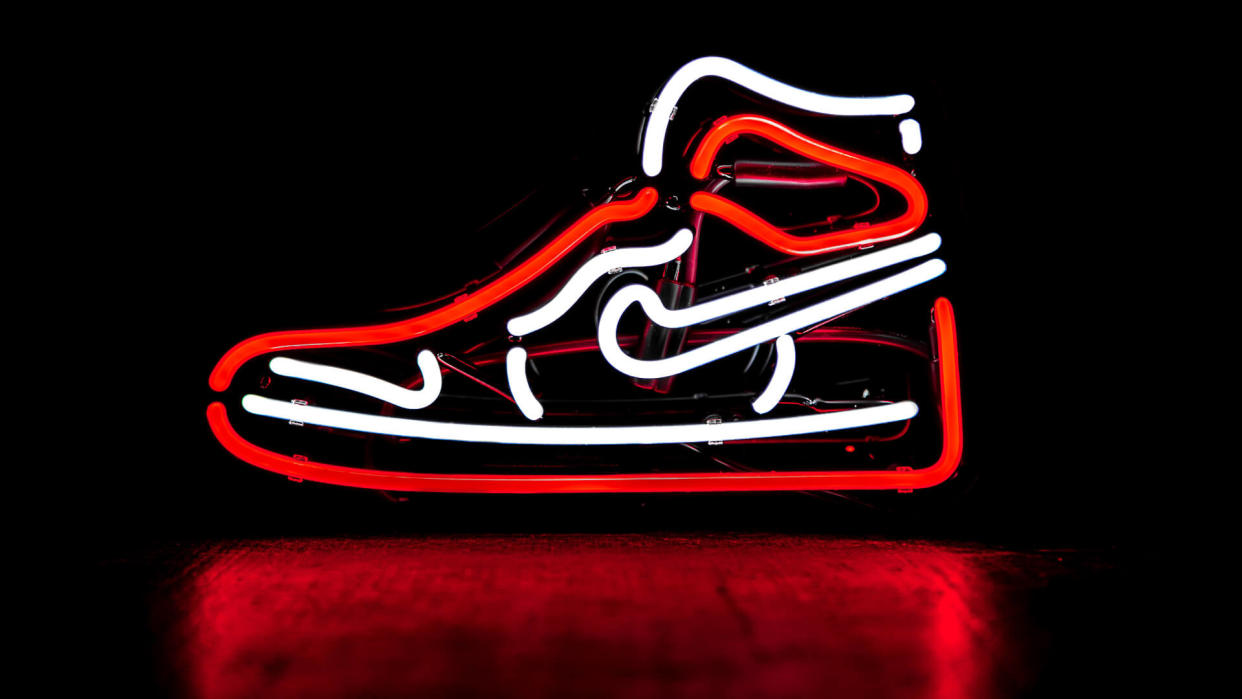Nike, Burberry and Other Retail Stocks Tumble Over Clashes With Xinjiang

Global retail brand stocks took a dive on Thursday amidst concerns over labor abuses in China’s Xinjiang region. China’s Communist Party (CPC) and Chinese media personalities clashed with the statements of some major brands, warning them against further angering the Chinese public.
Burberry’s stock dove 4.6% while Nike slid 4%. The companies issued similar statements, claiming they had “concerns” over the claims of labor abuse in the Chinese region.
See: Could Wall Street Get a Boost from Stimulus Checks on the Way?
Find: Suze Orman — Don’t Spend or Invest Your Stimulus — Do This Instead
Burberry recently banned the use of Xinjiang cotton. Pressure has mounted on retailers in recent months to eliminate the use of Xinjiang cotton as growing evidence suggests up to a million peoples from the region’s majority Muslim Uyghur population have been detained in re-education and labor camps, where it has been claimed they are forced to pick cotton, Forbes reports. Burberry also went on to say that it did not condone any form of modern slavery among its suppliers.
Nike’s statement read that it was “concerned about reports of forced labor in, and connected to, the Xinjiang Uyghur Autonomous Region.” Nike then went on to stress that it does not source any products from the region and has confirmed with its contract suppliers that they are not using textiles or spun yarn from the region as well.
The statements caused immediate backlash within the CPC and public. Burberry’s brand ambassador in China, Chinese actress Zhou Dongyu swiftly terminated her contract with Burberry. Popular Chinese actor Wang Yibo also followed suit, and terminated his contract as a Nike representative. His agency stated the move was in response to social media criticism over Nike’s Xinjiang statement.
See: Nike VP Resigns After News of Son’s Limited-Edition Adidas Sneaker Resale Becomes Public
Find: 34 Things That Shouldn’t Be This Expensive
As per Reuters, U.N. rights experts have accused China of using mass detainment, torture, forced labor and sterilizations on Uyghurs in Xinjiang. China denies the claims and claims any actions it takes are necessary to “counter extremism.”
The Uyghur population is a Muslim minority in the Xinjiang region.
This comes four days after the United States announced visa sanctions against two Chinese officials for human rights abuses against the Uyghur Muslims. The EU, Canada and the U.K. have all imposed similar sanctions as well.
China responded by imposing its own sanctions against several U.K. MPs claiming the individuals “maliciously spread lies and disinformation.” China has also urged its people to “boycott Western brands,” among entirely erasing H&M from its internet, which also took a public stance against the Xinjiang claims.
See: These Classic Brands You Love Are In Trouble
Find: A Look at Gen Z’s Financial Habits, From Spending to Saving and More
Some of the strongest support for China’s camps comes from the citizens themselves, who mainly took to social media platform Weibo to voice their disappointments in the claims against Xinjiang. In 2018, China denied the existence of the camps. Its current stance is that they exist, but are utilized for “re-education.” China Central Television aired a segment in 2018 that featured a “graduate” from such camps claiming that had they not been a member of the camp they would have fallen victim to religious extremism and become a criminal.
In January of 2021, the United States issued a sweeping ban on imports containing any cotton or tomato products originating in China’s Xinjiang region.
Xinjiang accounts for nearly 20% of the world’s cotton production.
More From GOBankingRates
This article originally appeared on GOBankingRates.com: Nike, Burberry and Other Retail Stocks Tumble Over Clashes With Xinjiang
